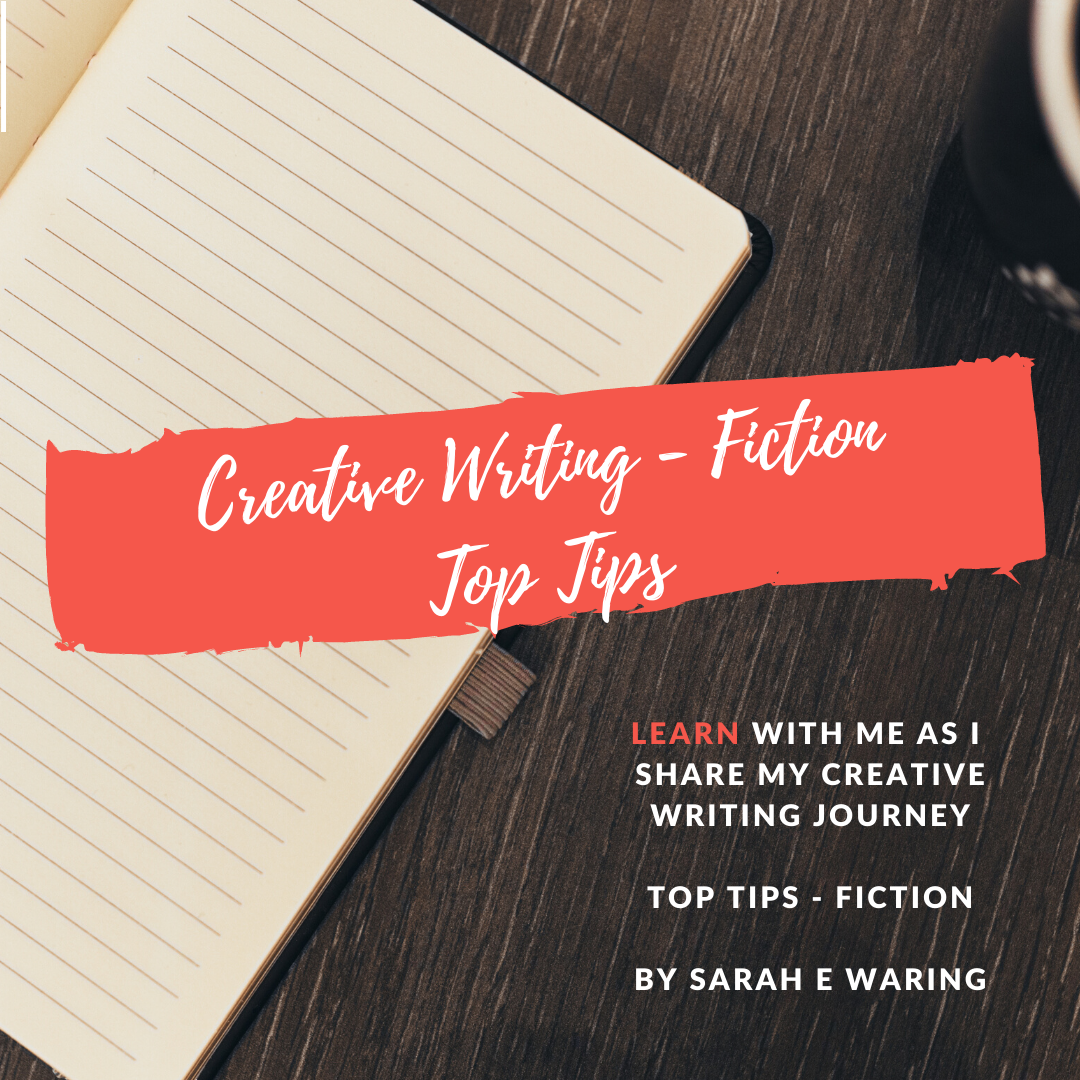I have just finished my final creative writing year at Uni, and now I will update and share what I have learned over the last 4 years.
The following is a list of tips to create top fiction writing. I will add on and develop further lists as I go along.
Top Tips
1 Language
From the start determine your 'style' of writing and dialogue. Your style combinations are called, in writing terms, registers, and your writing piece is developed to give an overall theme for your writing. I think of this as specialised writing that has been created by the writer. Your registers would include genre and purpose, dialogue and so on.
2 Create Character and Plot descriptions.
If you do this first, it will save confusion in the long run. If you have a number of characters in your story, remembering the character traits may get a little too much for the memory bank! Of course they may change, but you can adapt as you go along.
3 Show your story, don't over 'tell'
If you spend much time 'telling' the reader what is happening, then there is little use for the readers imagination and it can get repetitive. See the example below.
James slammed the door shut and sat down at the table as he continued to argue with his mother. She screamed at him in frustration, until he reluctantly apologised.
The above shows how the author tells the reader about the actions of James. Telling the author is useful if it is to bring a reader up to speed, or to offer an urgent piece of information to trigger a response to the authors text that follows. To dramatise the writing, showing, could offer more emotional connection and plot development by the further use of creative description. Here is an example of showing:
'That door will fall off its hinges before long,' she screamed, 'and you can sit there all you like until ...'
"Fine, I'm sorry," he said in heavy sarcasm.
4 Subtext
Ensure that your characters have a subtle subtext. Your reader will need to understand the underlying theme of each character and plot. You can achieve this by the show and tell examples, but also by keeping account the character and plot descriptions.
5 Write first, edit later
Don't worry about editing until you have finished. The likely hood is that you will change your story a number of times before you get the finished result, so editing too early could increase your work load!
6 Develop your knowledge
Research the details and write only about what you feel comfortable with. If you are forcing a feeling, emotion, or a character, you either need to do more research or accept that it doesn't work.
7 Don't compare
Don't compare your work to anyone else. If you do, you will lose your individuality. Also, please note that grammatical and writing 'rules' change so frequently, that it is impossible to get it completely right. There is no 'right' way, just guidelines. Technically there are rules, yes, but don't be too hard on yourself. Grammar can be variable in different countries or to certain audiences.
Example - the UK uses 'speech marks like this,' whereas the states tend to use "speech marks like this"
8 Develop a start middle and finish to begin
This will help you gain a direction and focus. Of course things may change as you go along, but some pointers may help to create the skeleton of your story
9 Make it engaging
Forget editing in the beginning. Your sole focus initially is to create an engaging story that develops as it goes along.
10 Don't go overkill with description
Don't give too much away. The reader has to have some amount of story to imagine! Keep it simple, and do not over complicate. Stephen King has been famous for quoting about how he has a habit of over describing and getting lost in the description rather than the story.
I hope this helps any aspiring writers. I will be sure to share more as I go along.
About me - I'm Sarah, I am self-published author, copywriter and colour therapist. I am also in my final studies of a creative writing & philosophy BA
